Quick And Easy Guide To Vehicle MaintenanceYour car is a complex machine - but you probably know this already. What you don't know is how important maintaining your car is. You may also now know what you need to be on the lookout for when it comes to that four-wheeled machine.
No need to worry, though. Here's a quick and easy guide to know what to look out for and when to do it! When should I do some work on my car? While a regular checkup is crucial to keep your car in shape, there's no need to keep your mechanic on retainer. This also helps to prevent you from breaking your wallet after neglecting something. Your average car owner will need to replace or repair something once a year. And, sometimes, even after a long year, there will be nothing to fix. The key to not spending too much money the next time something is wrong with your car is keeping an eye out. And these five things are what you should always be looking at. Top 5 things you need to look out for in your car 1. Make sure the brakes are at their best The brakes are necessary. It's the one thing preventing you from crashing against the car in front of you when you're driving. And, that's the thing: you're always using your brakes. That's why you should pay attention to any noise or lack of response coming from them. For example, if you hear a squeaking noise when braking, that's a dead giveaway. 2. Keep the tires in top shape While your brakes can hold their own for a long time, your tires can't. And, even if you have four of them, they're all working together. So, when one of them starts to fail, all four will do a poor job. If you want to avoid that, check your tire pressure and condition at least once a month. You want to get ahead of any tire issues. Believe me, patching a flat tire is way better than having to replace a rim. 3. Prevent the oil from going old Oil is like the blood of the car. In this metaphor, the engine is the heart. If you have muddy oil, your car will, sooner rather than later, suffer from a heart attack. Technically, it won't be a heart attack - but you'll probably suffer one yourself when you see how much it costs to replace an engine. If you want to avoid mechanic and medical bills, check your oil once every three to six months. 4. Don't forget filters and fluids are fundamental Humans have a lot of water in them - and so do cars. They have brake fluids, windshield washer fluid, transmission fluids, and a couple more here and there. And, yes, you've guessed it: you have to check them regularly. These fluids are there to prevent bad things from happening. For example, if you don't check your brake fluids, your brakes will go bad. And, if that happens, you could end up crashing against the guy in front of you. But you already knew that. Don't forget about filters! They are as important as fluids. 5. Remember the engine is your car's heart and center The engine is the thing that makes your car turn on. So, you can probably guess how important it is. Don't worry, though. It'll be a long time before your engine needs anything. But to keep things that way, you should check how things are going under the hood at least once a year. But if you find yourself broken down on the side of the road because your car needs some TLC, we can help! Our towing services are available no matter what the issue is. 5 Ways To Stay Safe On The Road TripTaking a break from your routine can help you in so many ways - and going out on a road trip is the right way to do it.
Before you get out the door and drive far away, there are a couple of things you should consider. That way, you can avoid cutting your road trip short. And you won't lose time on your planned out escape from your normal routine. Make sure you enjoy every minute of your break with these 5 ways to stay safe on a road trip. 1. Get yourself and your car ready to go Before you leave, you should do a little checkup. Wallet, keys, and hotel reservations? Check, check, and check. Alright, good to go! What about your car, though? Have you checked the tire pressure, oil, and brakes? And the rest of the car as well! If your car isn't in an all-clear scenario, you're not good to go, no matter if you do have your wallet ready. And this isn't something you can do on short notice! Try to do it a week or two in advance. That way, you can fix anything that's in bad shape. 2. Do one thing at a time The whole point behind a road trip is getting to your destination. More importantly, you need to get to the place you want without any damage. The key to preventing any mishaps or accidents is focusing on driving when you're driving. It might sound dumb - but not too many people do it right. Doing so means not eating, little to no talking, and paying attention to the road when you're behind the wheel. 3. If you're not lucid, you're not driving You probably know about not drinking and driving, and following that advice is the smart thing to do. Unfortunately, not too many people understand how important is to drive fully rested. If you didn't get enough sleep, you shouldn't be behind the wheel. Most people like to wake up earlier than usual before a road trip. Whether that's to get earlier to their destination, beat the traffic, or anything else, it doesn't matter. Here's the thing: when you don't get enough sleep, you're one long blink from falling asleep behind the wheel. 4. Don't keep others in the dark about the trip While we should all enjoy a little privacy in our lives, you should tell a few people about your road trip. That way, if you're stuck somewhere with no phone signal, someone else can try to help you from afar. There's no need to shout it out on a rooftop or post your location on social media. But keeping your best friend or a parent in the loop might save your life. 5. Leave home with a plan B in your back pocket If you want to stay safe on a road trip, there is no way to 100% ensure it. Even if you do everything right before and during the drive, you're one pothole away from wondering why you didn't stay home. However, there are ways to improve your chances of encountering zero bumps in the road, so to speak. For that reason, you should always have a Plan B ready to go. Have an alternate route. Have an emergency contact picked out in case you need them. Make sure you have roadside assistance ready to go. And that's us! If you're stuck on a road somewhere, you can count on us to help you get anywhere you want, whether your car wants it or not. Contact us if you have any questions about our towing services. 5 Warning Signs Your Car is Giving YouEven though we take them for granted, cars are complex machines that can malfunction at any given time. From brakes breaking to engines overheating, there are a lot of things you need to pay attention to.
Fortunately, most warning signs for car trouble are pretty straightforward. You'll find the five most common warning signs your car can give you down below. 1. The lights are on - but not the ones you can turn off The lights behind your driving wheel aren't there for fun and games, they are literal warning signs you should pay attention to. You're probably used to the lights that let you know when you're running out of gas. Or the one that advises you to put on your seatbelt. Those are rather common. Other lights warn you about tire pressure, engine issues, and other things. If you have one of them on, check your car's manual to understand what they mean. And get the problem fixed. 2. The brakes sound like they need a break If you're having a hard time stopping your car (or if you hear horrible screeching sounds when you're trying to stop), something is wrong. And you shouldn't ignore these screeching sounds! Although, most of the time, they are hard to ignore. Keep in mind there are few things more important in a car than the brakes. Your brakes are essential because, you know, they prevent you from driving into things at 100 mph. 3. Plenty of smoke but no fire Smoke could come from one of two places: your exhaust and your engine. Smoke coming from your engine is a dead giveaway that something is wrong. That's a pretty straightforward sign that your engine is overheating - and you need to stop driving immediately. When it comes to your car exhaust, things are different. There should be a little smoke coming out of it. It shouldn't be dense, black, or too much - those are warning signs. Keep in mind fire coming from your car is a warning sign too. An important one. 4. Weird noises coming from your car (that aren't your teenage nephew's favorite songs) When you're driving, you should only hear your engine and listen to your music. Any other noise or sound means something is wrong. Especially if a teenage kid took over the stereo. Ticking, clunking, or any other similar sounds are warning signs. They are like little alarms that tell you it's time to do a check-up. Weird sounds could mean any number of things, your safest bet is taking your car to the mechanic right away. 5. Shifting gears turns your car into an angry machine Shifting gears should feel like a smooth transition, one that needs no effort and makes no weird sounds. Whether you're driving automatic or manual (and feel like you're better than everyone else), you need to take good care of your transmission; it shouldn't be tough to use, slip in and out of place, or make clicking sounds. Otherwise, your car is in dire need of a check-up. If it were up to us, we'd love that you overlook these warning signs - soon enough, we'll get to tow your car and get paid! But we also want that you take good care of your vehicle, that's why we're trying to help. We can also help you if you didn't know there was something wrong with your car and need a pick-me-up. Contact us for more information on our towing services. How to Jump Start a CarIs there anything more frustrating than running out of gas? Well, there sure is: a car battery going out!
You expect your car's battery to last - but, sometimes, it seems like it's not made to last for long. That's when you take out your jumper cables and get ready to work. This 10-step guide will help you bring your battery back to life so you can get back on track. Let's get started! 1. Safety first Jump starting a car is an easy, safe thing to do. You'll probably face no issues as long as you follow these simple guidelines:
2. Line them up Time to get to work. You'll have to line up the cars; that way, it'll be easier to work with the cables on both sides. You probably won't be able to move both cars (otherwise, you wouldn't be here), so make sure the second car lines up with yours. Once that's out of the way, turn off the ignition and keep the handbrakes on. 3. Grab your cables and connect the red sides first Pop the hood of both cars. Grab the red cable and connect one end to your battery's positive side. It should be the color red. Do the same thing with the second's car battery, using the other end and placing it on that battery's positive side. Simply put, connect both positive (red) parts of the batteries. Easy! 4. Do something similar with the black ones second Once the reds are ready, grab the black cable and connect it to the battery's negative terminal of the second card. You should always do this first before moving forward. Now, pay attention! You don't have to connect the other end of the cable to your battery's negative terminal. This isn't like the red cable part. You're supposed to connect it to an earthing point (for example, your car's chassis) far away from your battery and fuel system. Once again: the black cable connects with the battery's negative terminal of the second car. The other end goes to an earthing point, not your battery. 5. Start your friend's car first Everything is connected! Wait for three to five minutes before you move forward. Now the fun part begins: start your friend's car first; then, wait for a minute or two. 6. Then, start your car Your friend's car has been running for a good minute now. That means it's time to start your car. You're almost there! 7. Let them run - but make sure they stay in place! With both engines running, let them go for a good ten minutes. You don't have to do much, now is the time for the cars to do the work. 8. Turn off the cars After ten minutes have gone by, it's time to see if it all worked. It probably did! But, before you check, make sure you disconnect everything the right way. So, turn off the cars and... 9. Disconnect and try it out Disconnect the black cable first and then the red cable. You should do it in reverse as you did before. The right order is:
10. Give us a call Still stuck? Sometimes, you won't be able to bring your battery back to life - but we will take care of your trouble! Contact us and we will get you going in way less than ten steps! Tips on Driving in Icy ConditionsDriving on icy roads can be stressful and challenging. But special attention and care on your part can help you and others stay safe. Only drive in icy, wintery conditions if you must do so. Otherwise, stay home and stay safe! When you do have to go out, do your part to make sure you aren't causing problems for anyone else. You may not see the ice, but it can be on the roads, especially on bridges. Good Tires Your tires need to have plenty of tread on them for the icy conditions. If they are in poor condition, they won't give you the traction you need. Routinely get your tires checked by a professional before winter. If you need to replace them, get it done early enough that you aren't driving on ice with tires that can't handle it well. Clean Windows All of your windows need to be fully cleaned off for driving safely in icy conditions. Don't give into temptation to only scrape a small area to see out of because it is cold outside. Give your vehicle ample time to warm up and the windows to defrost. Make sure your wipers aren't frozen to the windshield so you can turn them on if you need to while driving. Stay Focused Try to relax and stay calm when driving on ice. Stay focused and keep an eye on what is taking place around you. Other vehicles may be driving too fast for conditions or spin out ahead of you on the ice. Be ready for anything. Keep both hands on the steering wheel and the radio turned off. Avoid distractions such as eating or talking to others in the vehicle. Turn off cruise control too as part of driving safely in icy conditions. Slow Down for Conditions You may have to creep along at a slow speed to reach your destination when the roads are icy. Slow down and take as much time as you need to. Don't get anxious if other drivers are passing you. If there is only one lane and you see several cars behind you, try to get over to the right when it is safe and let them pass. You should be comfortable with your speed. It is going to take you longer to stop on icy roads, so leave extra space between you and other vehicles. Pump your brakes and use them to help you slow down when you approach a stop sign or a stoplight. Don't push down on the brakes rapidly as that could cause you to slide. If you do start to slide, let up on the gas and slowly turn your steering wheel in the opposite direction. Slow, steady, and calm are the key. Carry Supplies in your Vehicle If your vehicle is light, keep some items in it to help add weight and reduce sliding on ice. Keep other supplies on hand including a shovel, some gravel, and a blanket. Make sure you always have a full tank of gas. If you get stuck, use the shovel to break up the ice around the tires. Try to get traction with the ground below it. Add a few handfuls of gravel around the tires and gently allow the vehicle to rock back and forth. Put it in reverse, turn the wheels the other way, and try to go forward again. If you ever do find yourself stuck out on the road in icy conditions, tow truck companies are ready to assist you. Give Brockton Towing a call to get you out of a slippery situation! Staying Safe While Waiting For A Tow Truck?Car breakdowns while on the road is a situation that no driver ever wants to face. It leaves you stranded and exposed to various risks. Luckily, truck towing services can save the day. While this may sound welcoming, the tow truck will take time to arrive. As you wait for assistance, you should take some road safety measures to protect yourself and other road users. Turn your hazard lights on This is the first you need to do when you get stranded on the road. It would be best if you made other drivers aware that your vehicle is experiencing an issue. Turning on your hazards:
Get off the road If possible, you should move your vehicle off the road. If you stay on the road, you may cause obstructions and traffic jams. Worse still, other cars may crash into your vehicle if left on the road, especially if you are in a blind spot. Set up reflective warning signs It is wise to carry flares, orange cones, or other signs to catch the eye of other drivers. You will want to place these in front and behind your car to warn other road users of your stationary vehicle. These warning signs are especially crucial at night or if you are in a blind spot. Alerting drivers to your presence will help prevent them from crashing into you and you vehicle. Avoid free rides from strangers While struck on the road, you may have several people offer you a ride. Even if you are feeling anxious to get help, it is best to be cautious. You are better off waiting with your vehicle, rather than catching a ride into town. Since you have already called for assistance from a towing company, be patient and wait for them. Don't leave your car unattended Out of boredom, you may think of taking a walk while waiting for the tow truck. You may also run of patience and decided to seek assistance elsewhere. For example, if the cause of your troubles was running out of fuel or burst tire, you may think of going to the nearest service station to seek help. However, this is not recommended. A police officer may think your car abandoned and leave you a ticket. Someone with malicious intent may try to break into your car or steal it. Also, the tow truck may arrive while you are gone. Therefore, if you have contacted a trusted and reliable company, patiently wait for them to arrive. Don't panic Maintaining calmness is probably the most important safety tip to remember while waiting for a tow truck. While this is easier said than done, panicking can make you do things that put you, your car, or other road users at risk. For example, you may panic and hitch a ride from a stranger, which puts you at risk. This also leaves your vehicle unattended. Due to panic, you may fail to observe the necessary safety protocols, such as making your vehicle visible by turning on hazard lights. Just stay calm and remember that help is on the way. A car breakdown can be frustrating and scary, especially if you are in a remote place. However, observing the above road safety tips can ensure your safety as you wait for your towing company to arrive. If you find yourself in need, we are always a phone call away! |
AuthorWrite something about yourself. No need to be fancy, just an overview. Archives
April 2021
Categories |
Home |
Services |
FAQ's |
Contact Us |
Brockton Towing
508-960-7060
Disclaimer
Privacy Policy
TOS
This page was brought to you by our Digital Marketing Agency MA and it's affiliates.
The page is affiliated with and sponsored by other local Towing Companies such as Boston Towing
The website shares information with local, licensed, and insured vendors who will reach out and contact you the consumer with the information provided here.
Privacy Policy
TOS
This page was brought to you by our Digital Marketing Agency MA and it's affiliates.
The page is affiliated with and sponsored by other local Towing Companies such as Boston Towing
The website shares information with local, licensed, and insured vendors who will reach out and contact you the consumer with the information provided here.

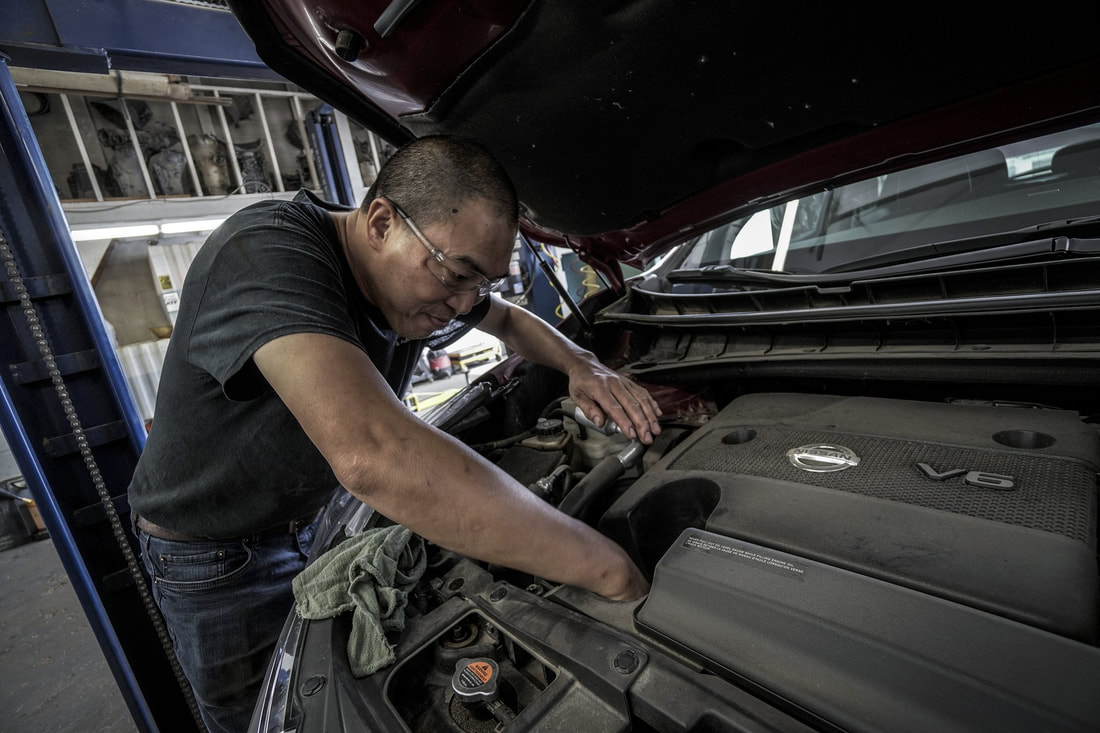
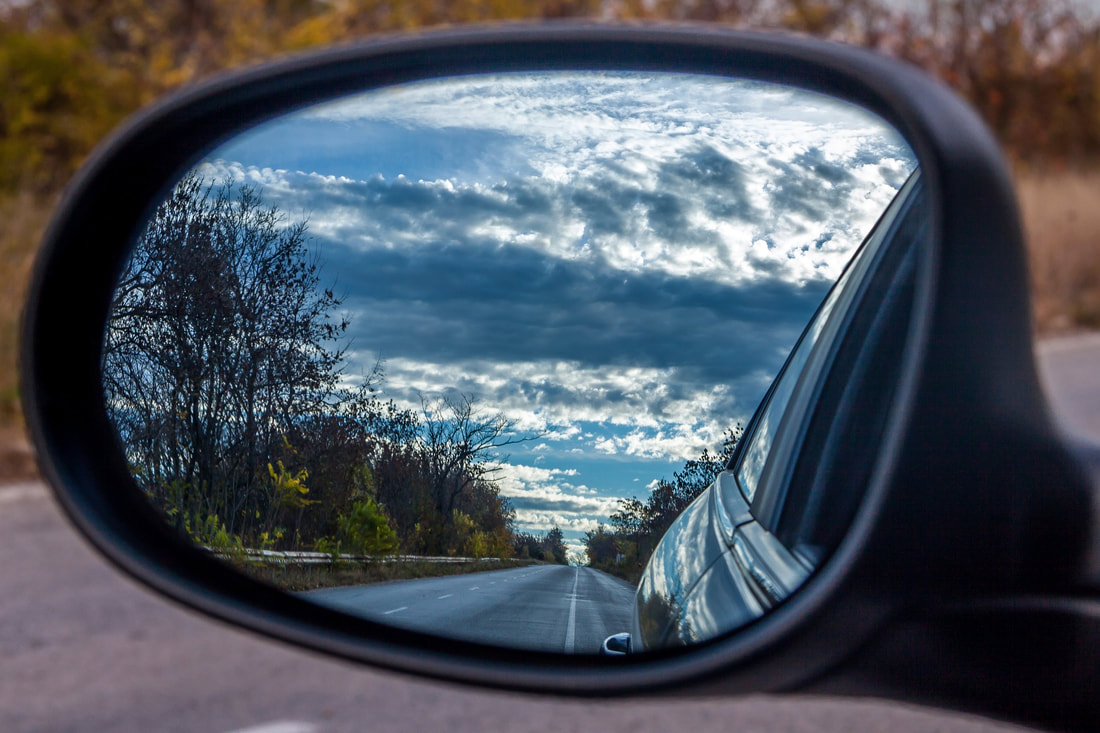
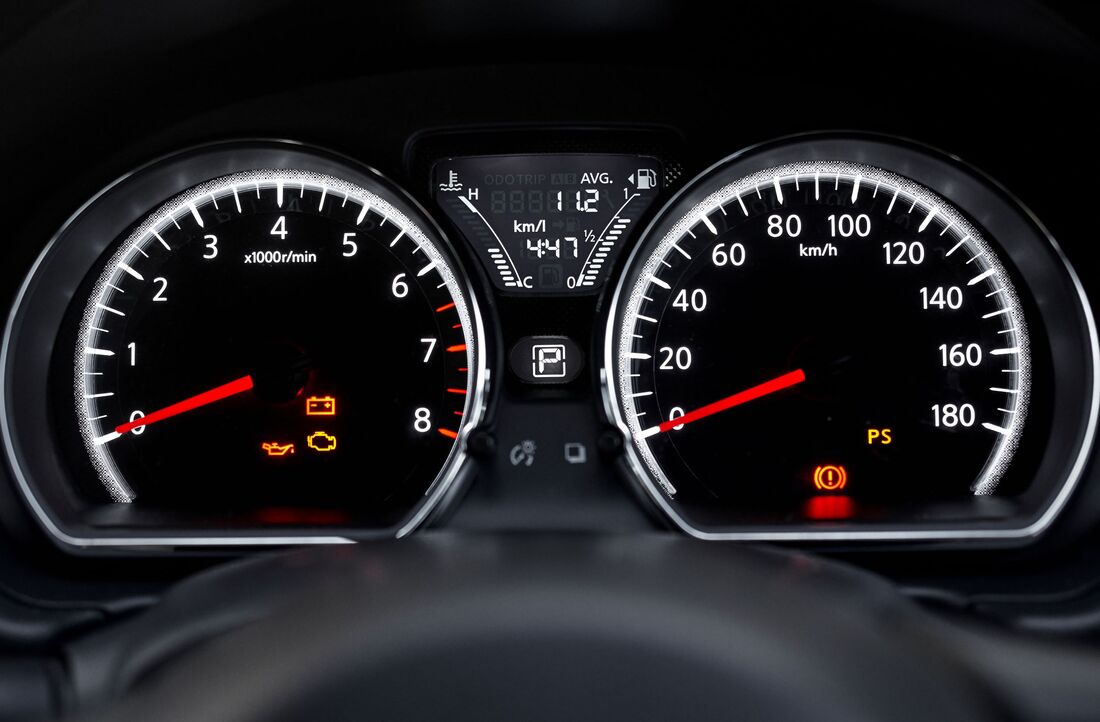
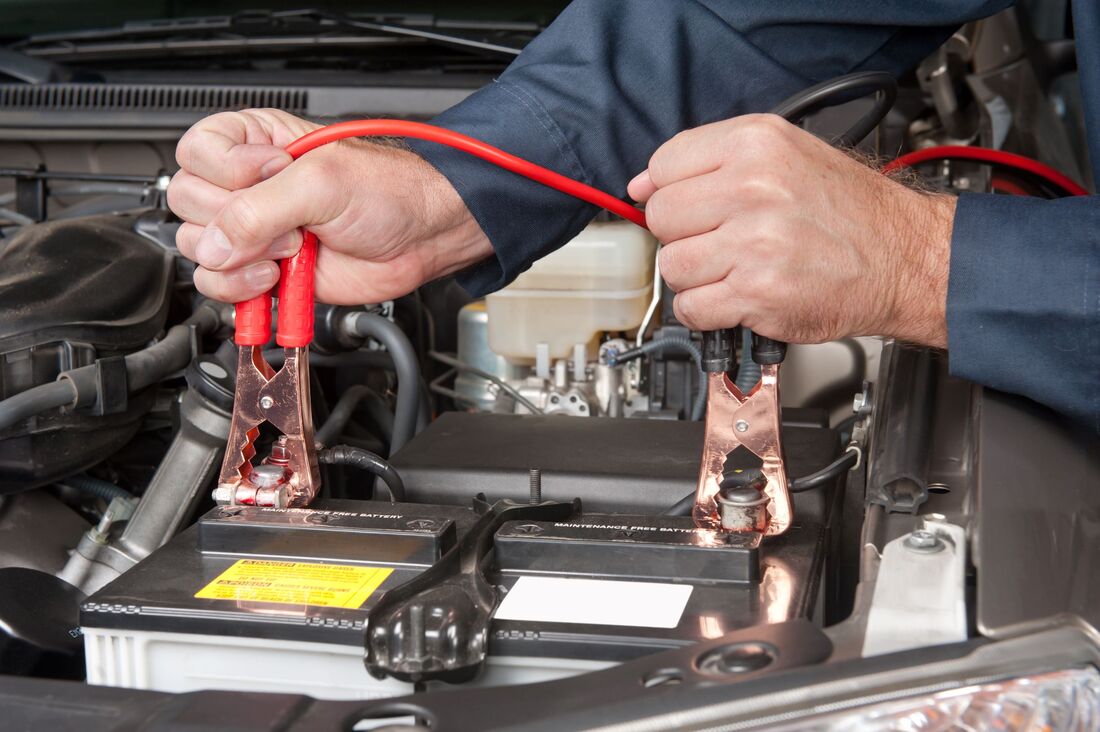
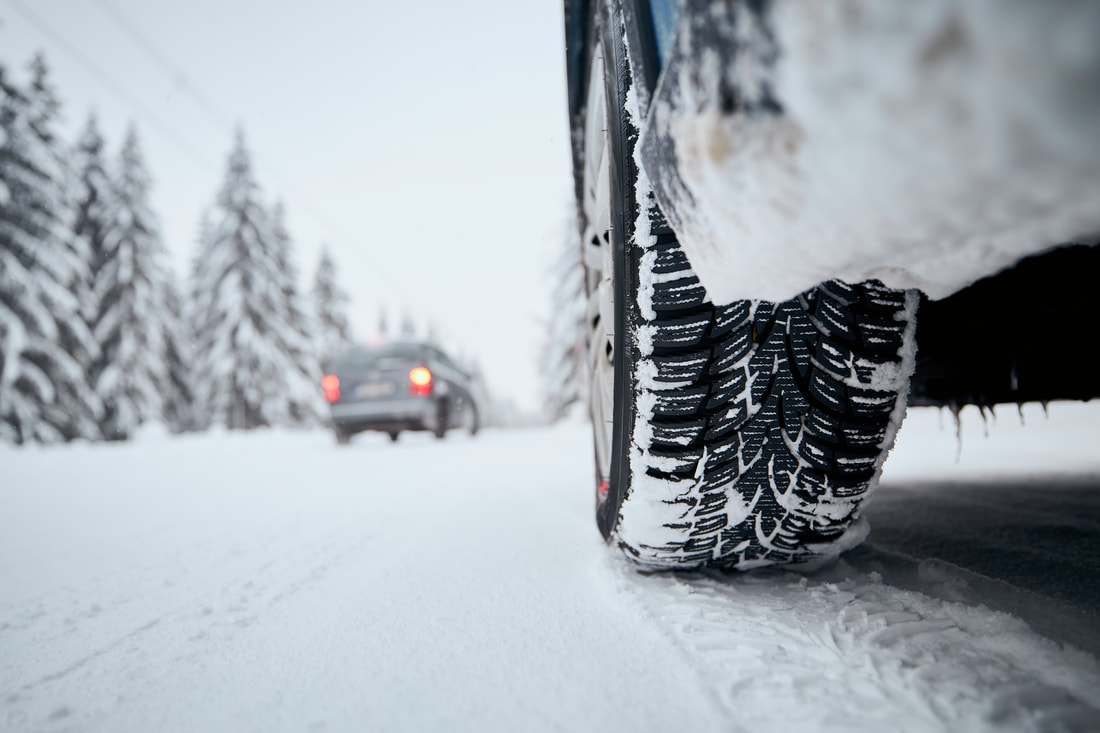
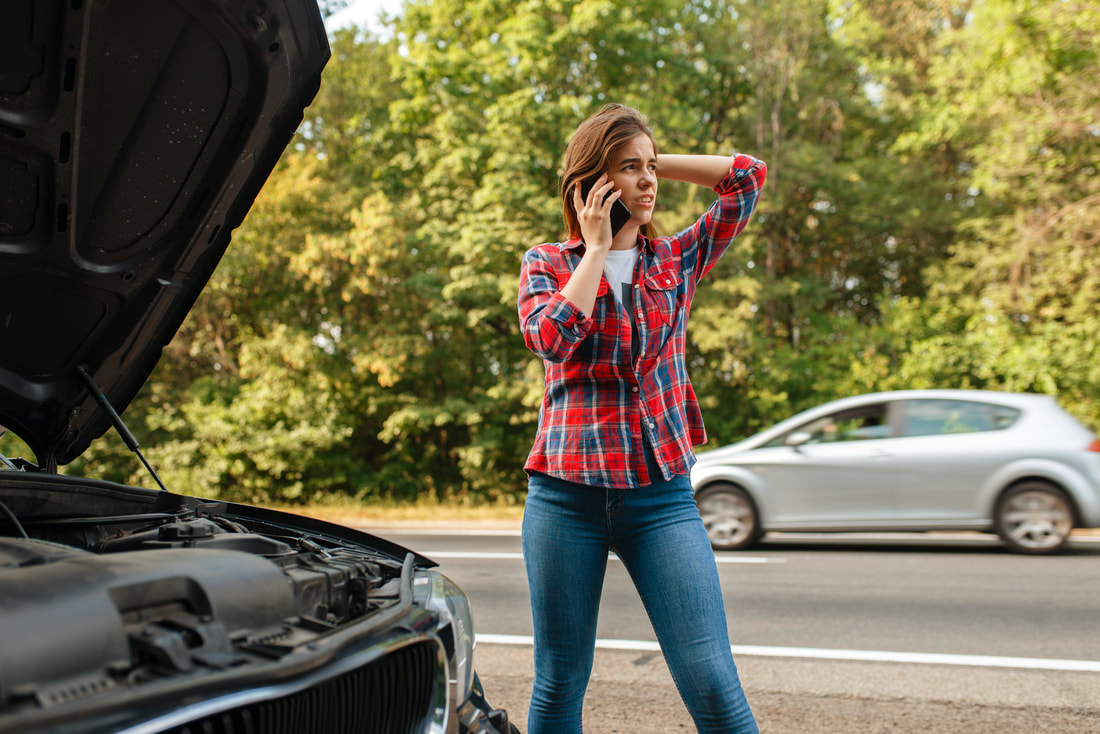
 RSS Feed
RSS Feed